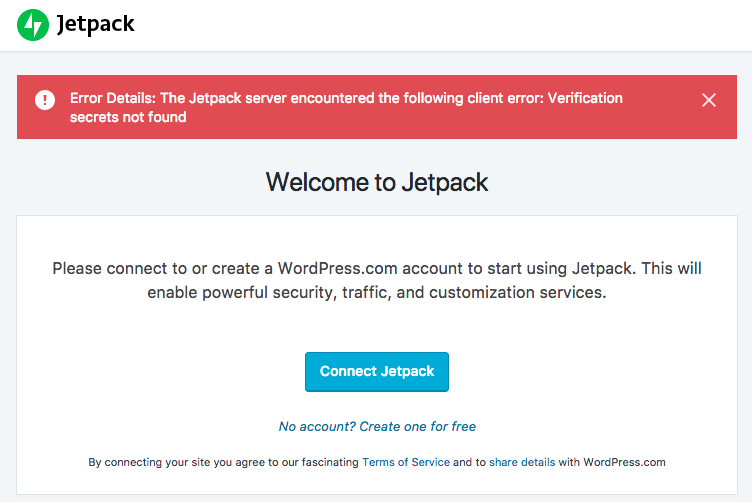My Instapaper reading list was piling up. Nearly half of the articles were from Stratechery, so I decided to knock them all out at once (well, over the course of a day or two).
https://stratechery.com/2017/goodbye-gatekeepers/
From Weinstein and movies to the NYTimes and YouTube
In a world where the default news source is the Facebook News Feed, the New York Times is breaking out of the inevitable modularization and commodification entailed in supplying the “news” to the feed. That, in turn, requires building a direct relationship with customers: they are the ones in charge, not the gatekeepers of old — even they must now go direct.
YouTube produces an astounding amount of fame.
YouTube represents something else that is just as important: the complete lack of gatekeepers. Google CEO Sundar Pichai said on an earnings’ call earlier this year that “Every single day, over 1,000 creators reached the milestone of having 1,000 channel subscribers.” That is an astounding number in its own right; what is even more remarkable is that while Hollywood has only ~3,500 acting slots a year (including all movies, not just major studios), YouTube creates 100 times as many “stars” over the same time period.
https://stratechery.com/2017/tech-goes-to-washington/
Did he say 330 million?
https://stratechery.com/2017/why-facebook-shouldnt-be-allowed-to-buy-tbh/
Requiring Facebook to offer its social graph to any would-be competitor as a condition of acquiring tbh would be a good outcome; unfortunately, it is perhaps the most unlikely, given the FTC’s commitment to unfettered privacy (without a consideration of the impact on competition).
https://stratechery.com/2017/stitch-fix-and-the-senate/
Negative churn
existing customers were increasing spend by more than the revenue lost by those leaving
https://stratechery.com/2017/pro-neutrality-anti-title-ii/
The most famous example of an ISP acting badly was a company called Madison River Communication which, in 2005, blocked ports used for Voice over Internet Protocol (VoIP) services, presumably to prop up their own alternative; it remains the canonical violation of net neutrality. It was also a short-lived one: Vonage quickly complained to the FCC, which quickly obtained a consent decree that included a nominal fine and guarantee from Madison River Communications that they would not block such services again. They did not, and no other ISP has tried to do the same; the reasoning is straightforward: foreclosing a service that competes with an ISP’s own service is a clear antitrust violation. In other words, there are already regulations in place to deal with this behavior, and the limited evidence we have suggests it works.
https://stratechery.com/2017/free-daily-update-light-touch-cable-and-dsl-the-broadband-tradeoff-the-importance-of-antitrust/
The equation is straightforward: there is wide consensus amongst economists of all political stripes that regulation imposes costs on both innovation and society through regulatory capture; I would prefer to avoid bearing that cost until we are certain it is necessary, particularly since the evidence to date suggests after-the-fact regulation is working.
…
The question that must be grappled with, though, is whether or not the Internet is “done.” By that I mean that today’s bandwidth is all we all never need, which means we can risk chilling investment through prophylactic regulation and the elimination of price signals that may spur infrastructure build-out (that being the elimination of paid prioritization).
If we are “done”, then the potential harm of a Title II reclassification is much lower; sure, ISPs will have to do more paperwork, but honestly, they’re just a bunch of mean monopolists anyways, right? Best to get laws in place to preserve what we have.
But what if we aren’t done? What if virtual reality with dual 8k displays actually becomes something meaningful? What if those imagined remote medicine applications are actually developed? What if the Internet of Things moves beyond this messy experimentation phase and into real-time value generation, not just in the home but in all kinds of unimagined commercial applications? I certainly hope we will have the bandwidth to support all of that!
The problem with regulating broadband in this way, though, is that the definition of acceptable broadband is much more of a moving target. As Marc Andreessen memorably put it on Twitter:
@mattyglesias @binarybits Because sewers and electricity are far more static markets than broadband. You don’t shit 10x as much every 3 yrs.
— Marc Andreessen (@pmarca) February 23, 2014
https://stratechery.com/2017/the-pollyannish-assumption/
Documenting why and how these platforms have power has, in many respects, been the ultimate theme of Stratechery over the last four-and-a-half year: this is a call to exercise it, in part, and a request to not, in another. There is a line: what is broadly deemed unacceptable, and what is still under dispute; the responsibility of these new powers that be is to actively search out the former, and keep their hands — and algorithms and policies — off the latter. Said French Revolution offers hints at fates if this all goes wrong.
https://stratechery.com/2017/disney-and-fox/
This is a remarkable look at how Disney could leverage 21st Century Fox to compete against Netflix in the years ahead. One of the most insightful articles with a clear line of how we could get to a future where Netflix and Disney are massive content aggregators.
The best sort of acquisitions, though, are best described by the famous Wayne Gretzky admonition, “Skate to where the puck is going, not where it has been”; these are acquisitions that don’t necessarily make perfect sense in the present but place the acquirer in a far better position going forward: think Google and YouTube, Facebook and Instagram, or Disney’s own acquisition of Capital Cities (which included ESPN).
The problem now is obvious: Netflix wasn’t simply a customer for Disney’s content, the company was also a competitor for Disney’s far more important and lucrative customer — cable TV. And, over the next five years, as more and more cable TV customers either cut the cord or, more critically, never got cable in the first place, happy to let Netflix fulfill their TV needs, Disney was facing declines in a business it assumed would grow forever.
… differentiated content is Disney’s core competency, as demonstrated by its ability to extract profits from cable companies.
Consider the comparison in terms of BATNA (Best Alternative to a Negotiated Agreement): for distributors the alternative to not carrying ESPN was losing a huge number of customers who cared about seeing live sports; that’s not much of an alternative! Netflix, on the other hand, can — and is! — going straight to creators for content that viewers can watch instead of whatever Disney may choose to withhold if Netflix’s price is unsatisfactory.
Clearly it’s working: Netflix isn’t simply adding customers, it is raising prices at the same time, the surest sign of market power.
Therefore, the only way for Disney to avoid commoditization is to itself go vertical and connect directly with customers
Will it go through?
If one starts with a static view of the world as it is at the end of 2017, then there may be some minor antitrust concerns, but probably nothing that would stop the deal. Disney might have to divest a cable channel or two (the company’s power over distributors would be even stronger; basically the opposite of the some of the concerns that halted the Comcast acquisition of Time Warner), and potentially be limited in its ability to make operational decisions about Hulu (Disney would have a controlling stake after the merger; Comcast was similarly restricted after acquiring NBC Universal, but there the concern was more about Comcast’s conflict of interest with regards to its cable TV business competing with Hulu). The Hulu point is interesting in its own right: Disney could choose to focus its streaming efforts there instead of building its own service, but I suspect it would rather own it all.
That’s it for now. Keep reading. Keep connecting.









